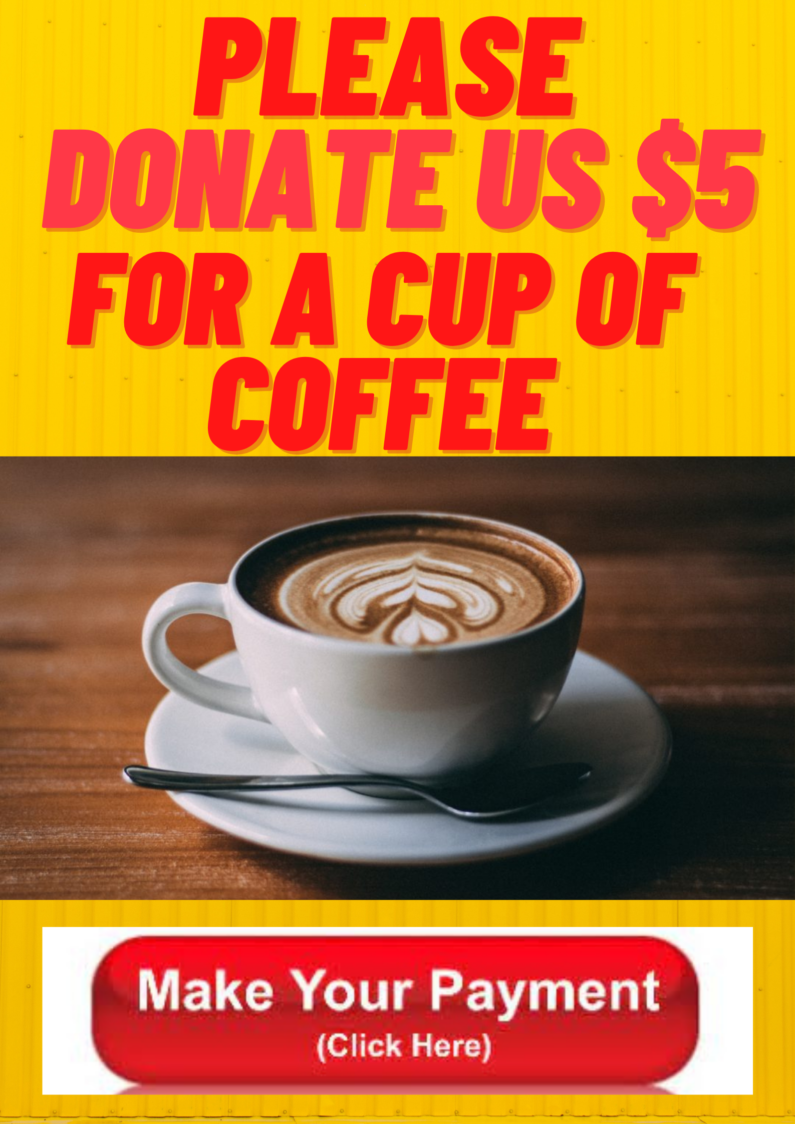 |
| What the ban on Compact magazine means |
As the central mouthpiece of the right-wing extremist scene, the Compact magazine was long monitored by the Federal Office for the Protection of the Constitution, but now it is banned. What exactly is affected by the ban and what influence the magazine has had - an overview.
The Federal Ministry of the Interior has banned the right-wing extremist magazine Compact.
Federal Minister of the Interior Nancy Faeser (SPD) justified the ban by saying that it is a
"central mouthpiece of the right-wing extremist scene". The AfD has sharply criticized the
decision: the party leaders Alice Weidel and Tino Chrupalla said in a joint statement that
the decision was a "serious blow to press freedom". They accused Faeser of abusing her authority.
What is Compact known for?
Compact magazine, which is designed in tabloid style,
has been published monthly since 2010. Its editor-in-chief, Jürgen Elsässer, also regularly
appears at events. Through videos and online offerings, the media company is now reaching
a larger audience beyond the circle of readers of the printed magazine.In the past, the
magazine has repeatedly attracted attention with its polarizing articles and claims. For
example, the paper spoke of an "asylum bomb" and recently claimed on a cover photo that
"German generals are planning an attack on Russia." Recently, Compact showed the Thuringian
AfD state chairman Björn Höcke next to former US President Donald Trump with the headline
"2024 The Turning Point." Leading politicians are repeatedly insulted as "criminals" in
the magazine - with the exception of representatives of the AfD.
What does Faeser base the ban on?
The Interior Ministry has come to the conclusion that people can be incited by Compact's publications and events and "incited to act against the constitutional order". It refers to "anti-Semitic, racist, anti-minority, historical revisionist and conspiracy-theoretical content". According to the Office for the Protection of the Constitution, the media company agitates not only against the federal government, but also "generally against the political system".
According to the ministry, Compact uses "rhetoric of resistance and revolution" and uses "distorted and manipulative representations". Legally, the move amounts to a ban on an association - according to the Interior Ministry, companies can also be banned under certain conditions.
What exactly is forbidden now?
From now on, the sale of the magazine, the website and symbols associated with the magazine are prohibited. This includes the so-called "Blue Wave". Editor-in-chief Elsässer chose this relatively new symbol for a campaign with which he wanted to promote a change of government after the next federal election in September 2025. Blue is the color of the AfD, whose representatives had, however, expressed some concerns about the campaign, probably because they feared a possible new party donations scandal.
How much influence does Compact have?
According to its own information, the magazine has a circulation of around 40,000 copies, although this has not been independently verified. The YouTube channel "Compact TV" has around 345,000 subscribers. According to the Federal Ministry of the Interior, Compact is a "central player in the networking of the 'New Right'". The "New Right" describes a scene that represents ideas of an ethnically homogeneous state with authoritarian features and at the same time distances itself from right-wing groups that refer to National Socialism.
The media company has close ties to the right-wing extremist Identitarian Movement and the far-right AfD, among others. According to the Federal Office for the Protection of the Constitution, the regional party "Free Saxony" is also part of the inner circle.
Who is Jürgen Elsaesser?
The 67-year-old editor-in-chief of Compact magazine has a turbulent political history behind him. As an author and activist, the former teacher was once located on the far left of the spectrum. After 2005, Elsässer moved ever further towards the far right.
While other journalists are occasionally approached openly at AfD party conferences, the Compact editor-in-chief moves around there completely freely.
"Of course the AfD is an important factor," he said at an open-air event in Sonneberg, Thuringia. At the same time, he expressed some sympathy for the Sahra Wagenknecht (BSW) alliance and for Russian President Vladimir Putin, whom he describes as a "statesman who stands up for his people, his country and his state."
Does the ban have any impact on the AfD?
The Compact ban does not directly affect the AfD, but it does mean that the right-wing wing of the party in particular will lose a platform for disseminating its content. AfD Bundestag member Jürgen Braun wrote on X that Elsässer's "old communist style" would do more harm to the AfD than good. Nevertheless, he supported Compact against the "unconstitutional ban".
According to the federal executive director of the Left Party, Katina Schubert, the review of an AfD ban is "unavoidable" as a result of the Compact ban. She believes: "The ban on the right-wing hate sheet must not remain just a symbolic bombshell." The AfD is currently being monitored by the Federal Office for the Protection of the Constitution as a suspected right-wing extremist case. It is not yet clear whether the domestic secret service could classify the entire party as a confirmed right-wing extremist effort in the future.
The Bundestag, Bundesrat, and Federal Government are the only constitutional bodies authorized to submit an application to ban a party. The decision on such an application is made by the Federal Constitutional Court. One prerequisite is that it can be proven that the party in question has an aggressive and combative attitude.
How unusual is a media ban?
The federal government often emphasizes how important freedom of the press is to it. Banning a media company is therefore a step that must be carefully considered and well-founded. In such cases, the great good of freedom of the press must be weighed against the arguments in favor of a ban. During his time as Federal Minister of the Interior, Thomas de Maizière (CDU) banned the right-wing extremist internet platform "Altermedia Deutschland" in 2016. Former Federal Minister of the Interior Horst Seehofer (CSU) closed Mezopotamien Verlag und Vertrieb GmbH and MIR Multimedia GmbH as sub-organizations of the Kurdish Workers' Party PKK in 2019.







.jpg.webp)


.jpg)

.jpg)



